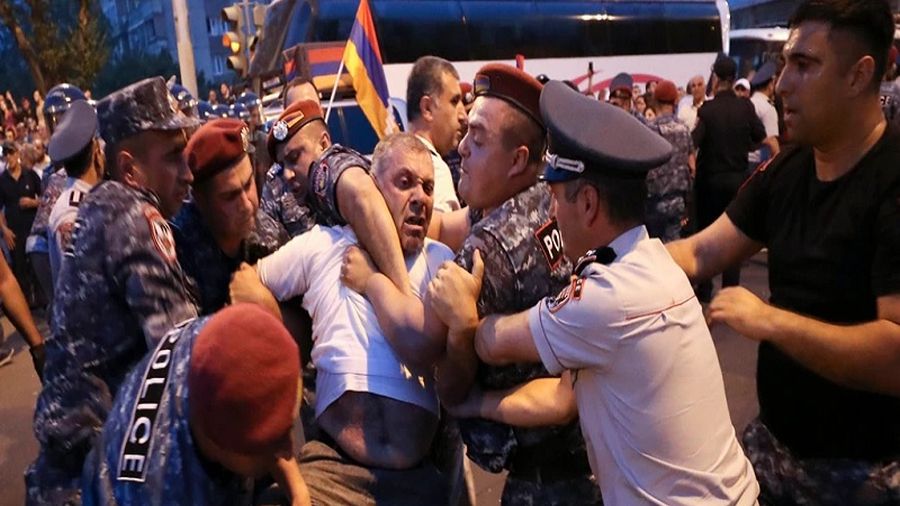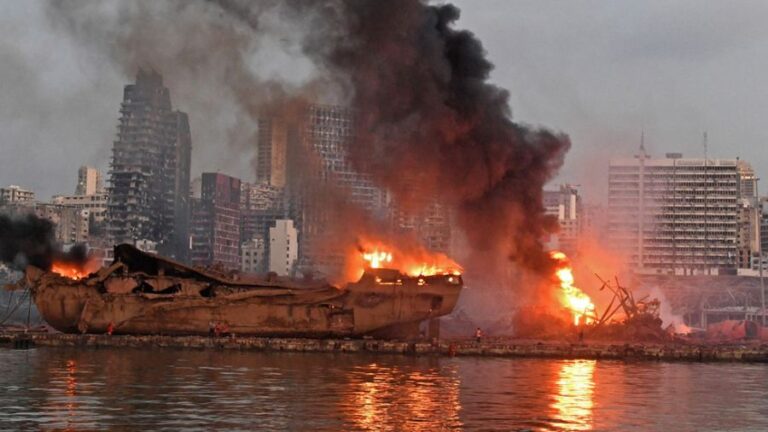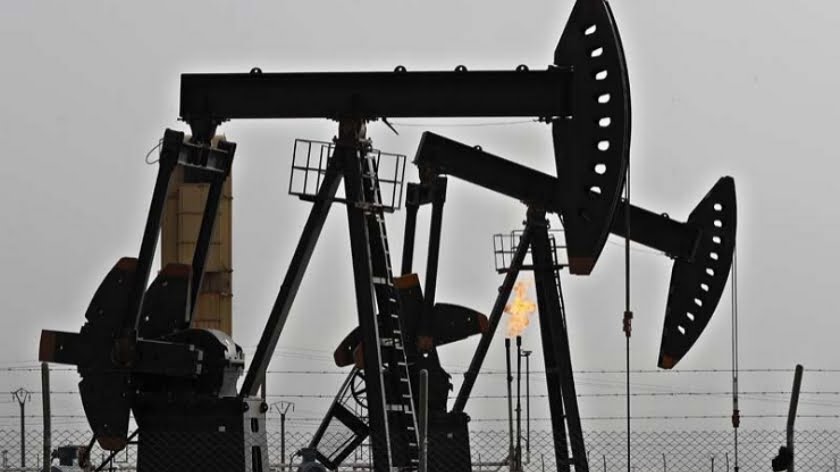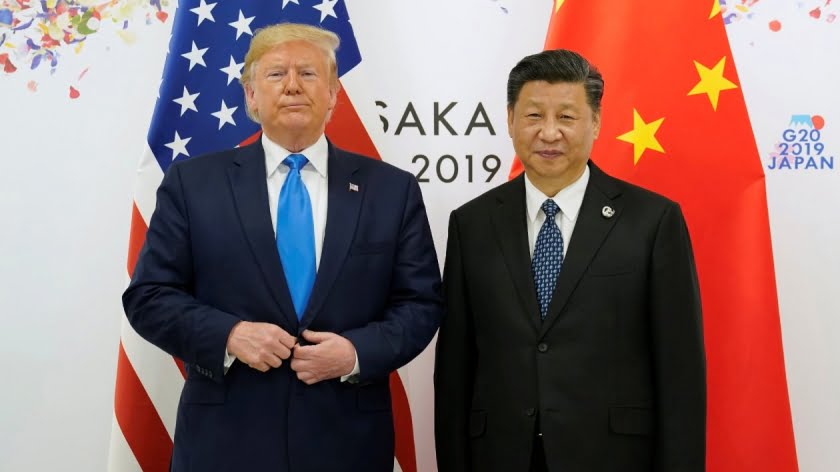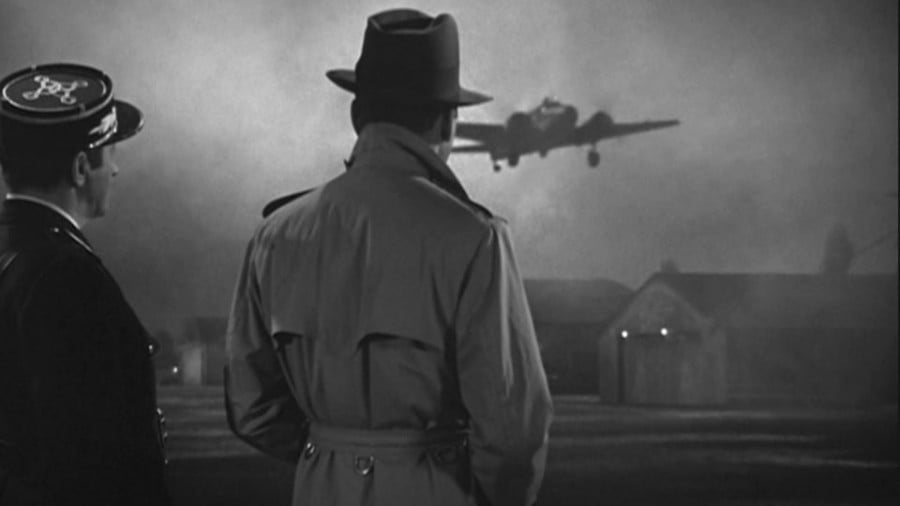Nationalist Delusions Are Driving Instability in Armenia
It’s nothing but a nationalist delusion to imagine that Karabakh won’t inevitably be comprehensively reincorporated back into the same country that the entire international community – including Armenia – agrees that it’s an integral part of.
The South Caucasus country of Armenia was the scene of intense clashes between police and protesters on Friday that saw 50 people hospitalized, including 11 officers, and 11 detained. The opposition was demonstrating in support of a motion that was ignored by the ruling party declaring that Karabakh will never be part of Azerbaijan. It comes a little over 18 months after Baku’s victory in the Continuation War that saw most Armenian forces removed from that region and replaced with Russian peacekeepers.
Regardless of one’s stance towards that conflict, it’s nothing but a nationalist delusion to imagine that Karabakh won’t inevitably be comprehensively reincorporated back into the same country that the entire international community – including Armenia – agrees that it’s an integral part of. The Armenian Armed Forces proved that they’re no match for Azerbaijan’s, and with the presence of Russian peacekeepers in the region, it’s impossible for them to restart the conflict and recapture that region.
Nevertheless, there’s no denying that many Armenians are sincerely displeased with the outcome of that conflict, genuinely believing that Karabakh is an integral part of their own country despite their government never recognizing it as such nor even formally acknowledging its self-declared “independence”. This makes it very easy for the opposition to generate a critical mass of protesters to go against the incumbent government, which isn’t all that popular to be honest.
In the possible event that they succeed in toppling the ruling party – whether by force, coercing its resignation, or unseat it during the next elections – the opposition might indeed try to pass the motion that served as the “trigger event” for the latest unrest. Should that happen, then it would diplomatically isolate Armenia, including from its Russian ally that also regards Karabakh as an integral part of Azerbaijan and whose peacekeepers are deployed there to prevent any further conflict over that region.
Being as deeply impoverished, chronically unstable, and incorrigibly corrupt as it is, Armenia can ill afford to isolate itself any further than it’s already done. This country’s objective geo-economic interests lie in playing a leading role in Azerbaijan’s regional integration vision of transforming the South Caucasus into a fulcrum of the emerging Multipolar World Order and a key transit region between Eurasia’s rising Great Powers. Failing to facilitate this scenario will only worsen the Armenian people’s hardships.
Be that as it may, nationalist delusions such as the wish that Karabakh never reincorporates into Azerbaijan have such a powerful grasp over the Armenian populace that a substantial share of its people might be willing to suffer even more economic difficulties in order to keep that belief alive. It doesn’t matter that it’s impossible to reverse the outcome of the Continuation War since all they care about is making what they sincerely regard as a “principled stand” in support of their claims to that region.
With this in mind and considering the incumbent government’s unpopularity as well as its fragility, it can’t be ruled out that the opposition might ultimately come to power one way or another. While they’re unlikely to start a third war over Karabakh, they’d most likely pass symbolic but nevertheless extremely provocative motions reaffirming their claims to that region. That scenario, however, would only serve to isolate their country even more and deprive it of playing a role in regional integration.

